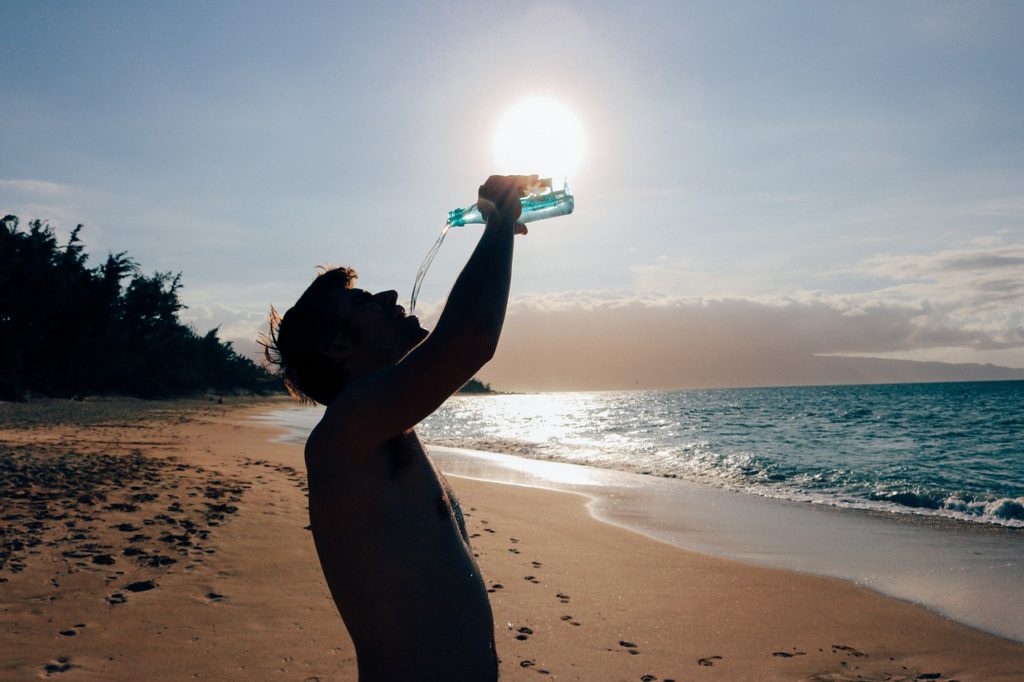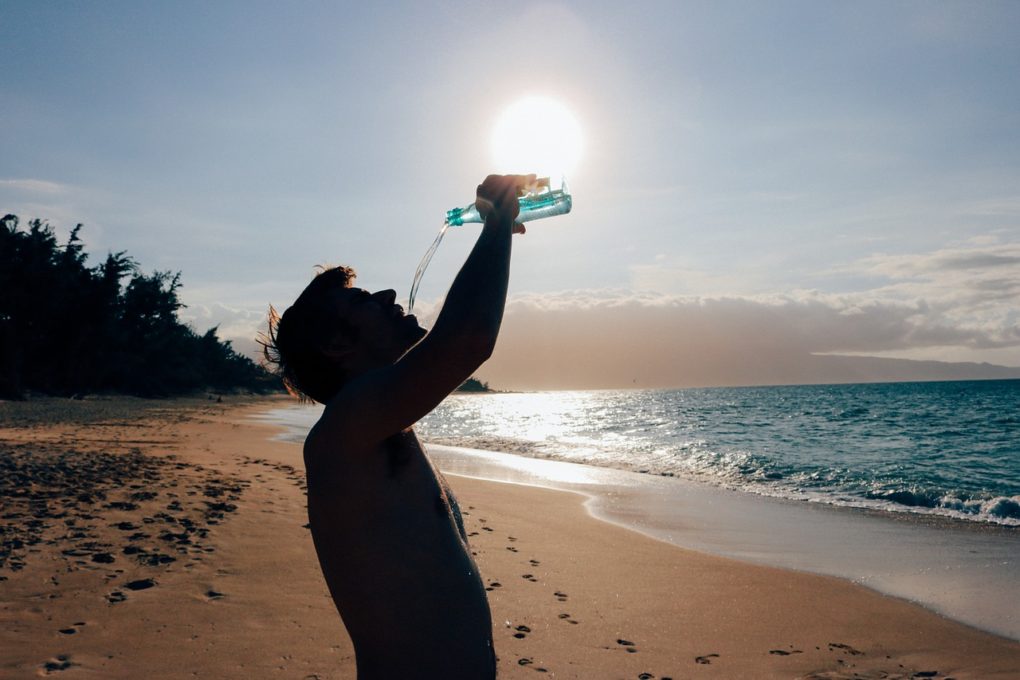Heat Stroke: A Doctor Offers Tips to Stay Safe as Temperatures Soar
 By Gabriel Neal, Texas A&M University
By Gabriel Neal, Texas A&M University
I easily remember laughing at Wile E. Coyote trying to catch the Road Runner while watching Saturday morning cartoons as a child. I can still see the Coyote walking slowly through the sweltering desert, sun high in the sky, sweating, tongue-hanging-out, about to collapse from heat, hunger and thirst. Then, BEEP! BEEP! the Road Runner would fly past, and the chase was on with a perfectly revived Coyote.
If only fixing heat stroke were that quick and easy.
As a primary care physician who treats patients with heat related illnesses, I know that heat stroke is certainly no laughing matter. Each summer, a heat wave (or, like, 17) rolls over the U.S., precipitating a rash of death and hospitalizations related to what is, in doctor-speak, “severe non-exertional hyperthermia.”
Let’s stick to calling it heat stroke.
Widget not in any sidebars
As much of the nation braces for a heat wave, it is important to consider how to prevent this potentially deadly condition.
Heat stroke is when a person’s core body temperature rises too high (often more than 104 F) because high environmental temperature (typically over 90 F) and humidity (over 70% relative humidity) prevents the body from cooling through its normal means of sweating and breathing. As heat stroke develops, our heart beats fast, our lungs breathe fast, we feel dizzy and nauseated, our muscles cramp, and we become confused, eventually losing consciousness entirely.
Without medical intervention, heat stroke is often fatal. The Centers for Disease Control and Prevention notes on average, about 658 Americans die each year from heat stroke.
Victims of heat stroke can be of any age, but more often it is the elderly, particularly those over the age of 70. As people age, our bodies’ ability to cool declines, and the elderly often take medication that further impairs this ability. In addition, the elderly may not be aware of the dangerous heat wave, and may not have working air conditioning in their home, nor have anyone to check on them. As a physician, I know from experience how the heat of summer and the cold of winter test the lives of the very old.
Other factors that increase the risk for heat stroke are obesity, diabetes and heart disease.
Hydration, rest and finding a cool environment are the keys to preventing heat stroke. If you don’t have an air conditioned
home or car, steps to take include wearing light, breathable clothing; avoiding time in direct sunlight; not exercising during the hot hours of the day; spraying yourself with water and sitting in front of a fan; taking a cool bath or shower; or placing a cold pack on your neck or armpit. In a heat wave, please take time to check in with your elderly neighbors, family and friends, to make sure they have the means to stay cool.
Fans help, not by lowering the air temperature, but by causing air movement over the skin, causing evaporation of sweat which lowers the body temperature. So fans are useful when there is no air conditioning, but having an air conditioned space is best.
Heat stroke is preventable – just stay cool and stay hydrated. Simple, right? But during a heat wave that is easier said than done, particularly for the poor and elderly. Do what you can to prevent it among your family and friends, and if you should encounter someone having the symptoms of heat stroke, call 911 to get them to an emergency room for evaluation and treatment.![]()
Gabriel Neal, Clinical Assistant Professor of Family Medicine, Texas A&M University
This article is republished from The Conversation under a Creative Commons license. Read the original article.
Subscribe to Natural Blaze for health freedom and natural living headlines to your inbox. Follow Natural Blaze on Twitter and Facebook.
Image credit: Pixabay



